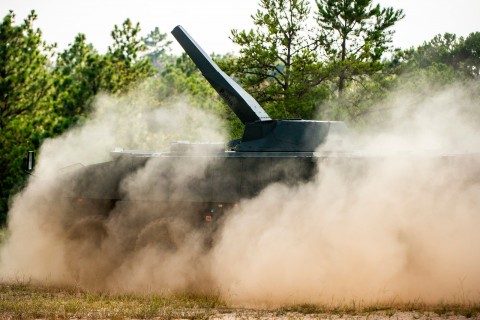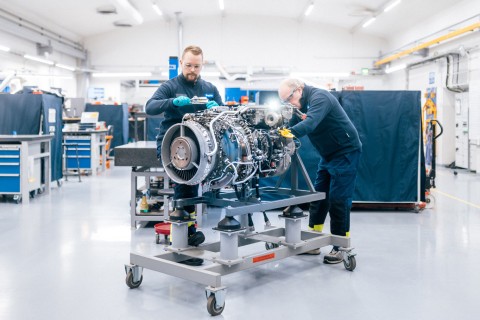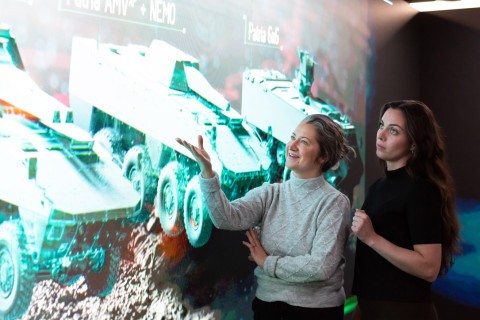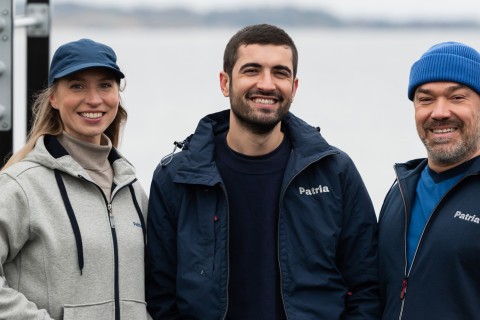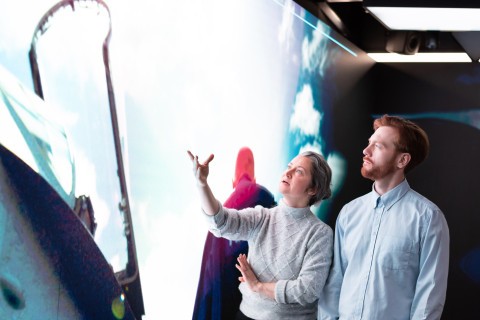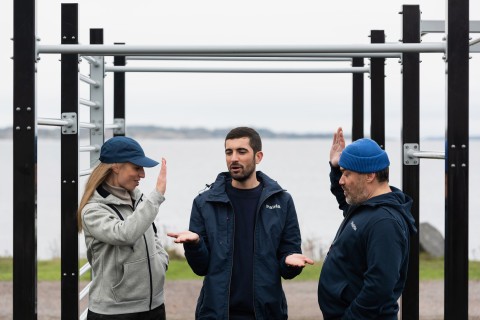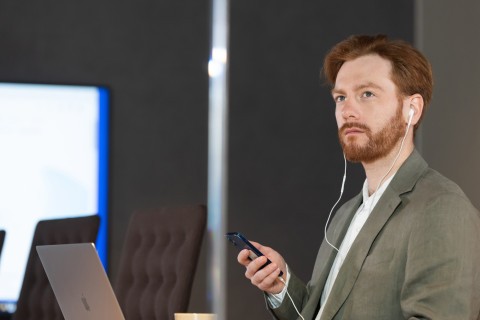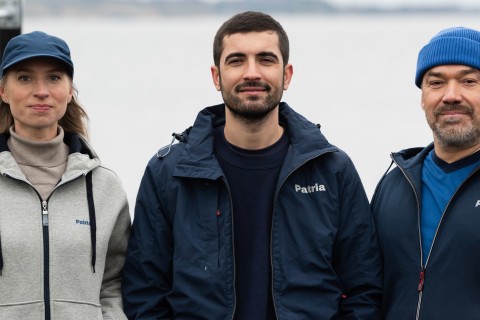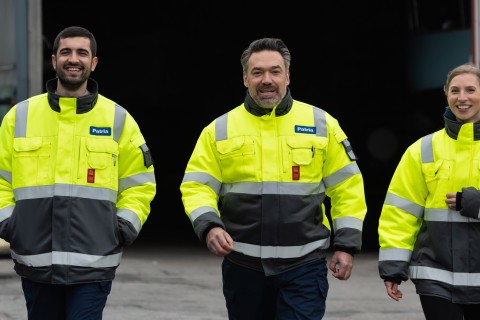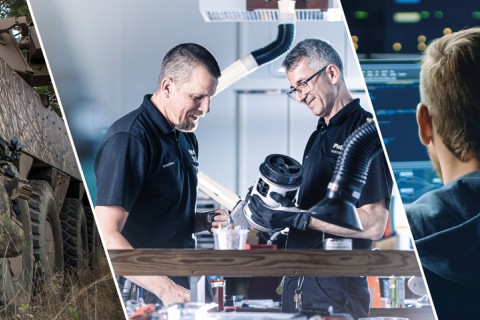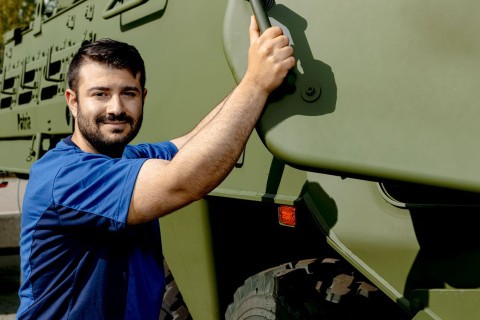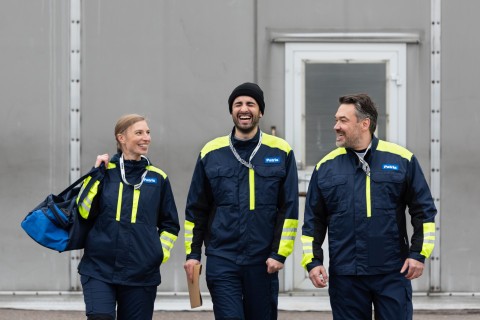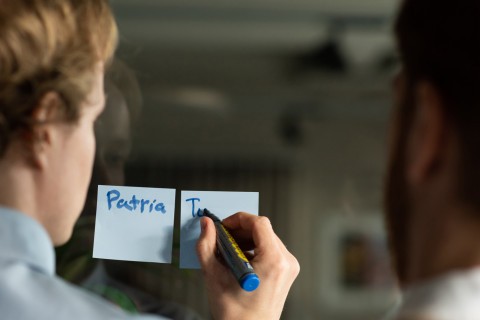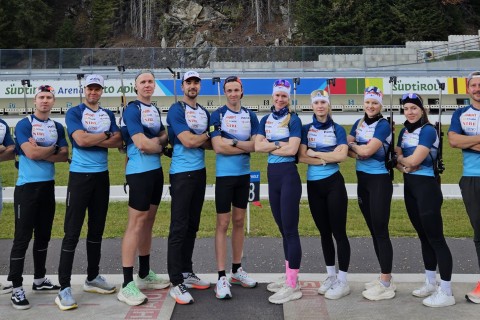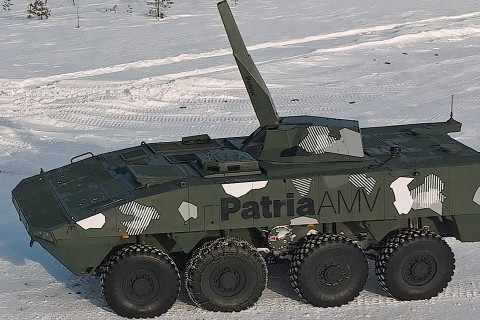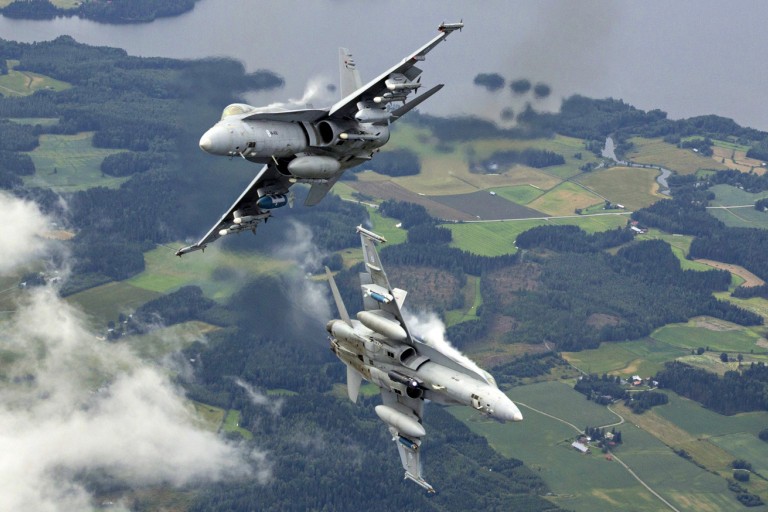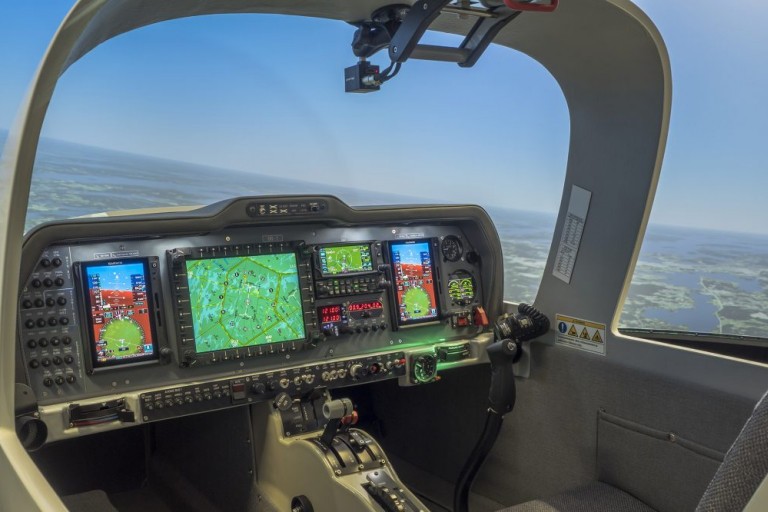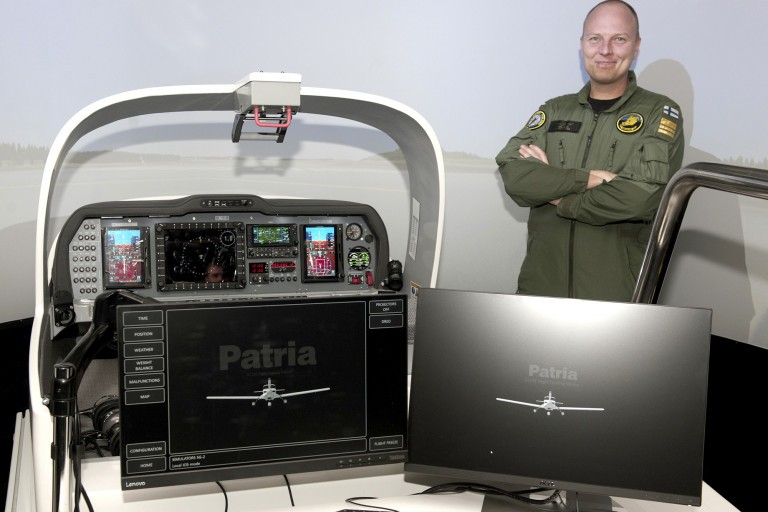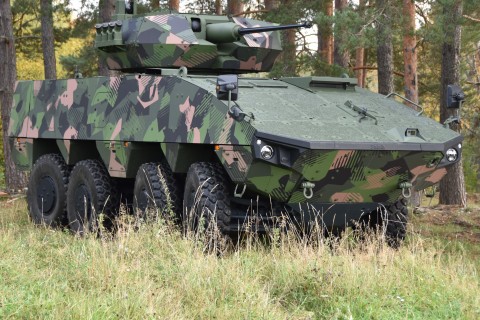
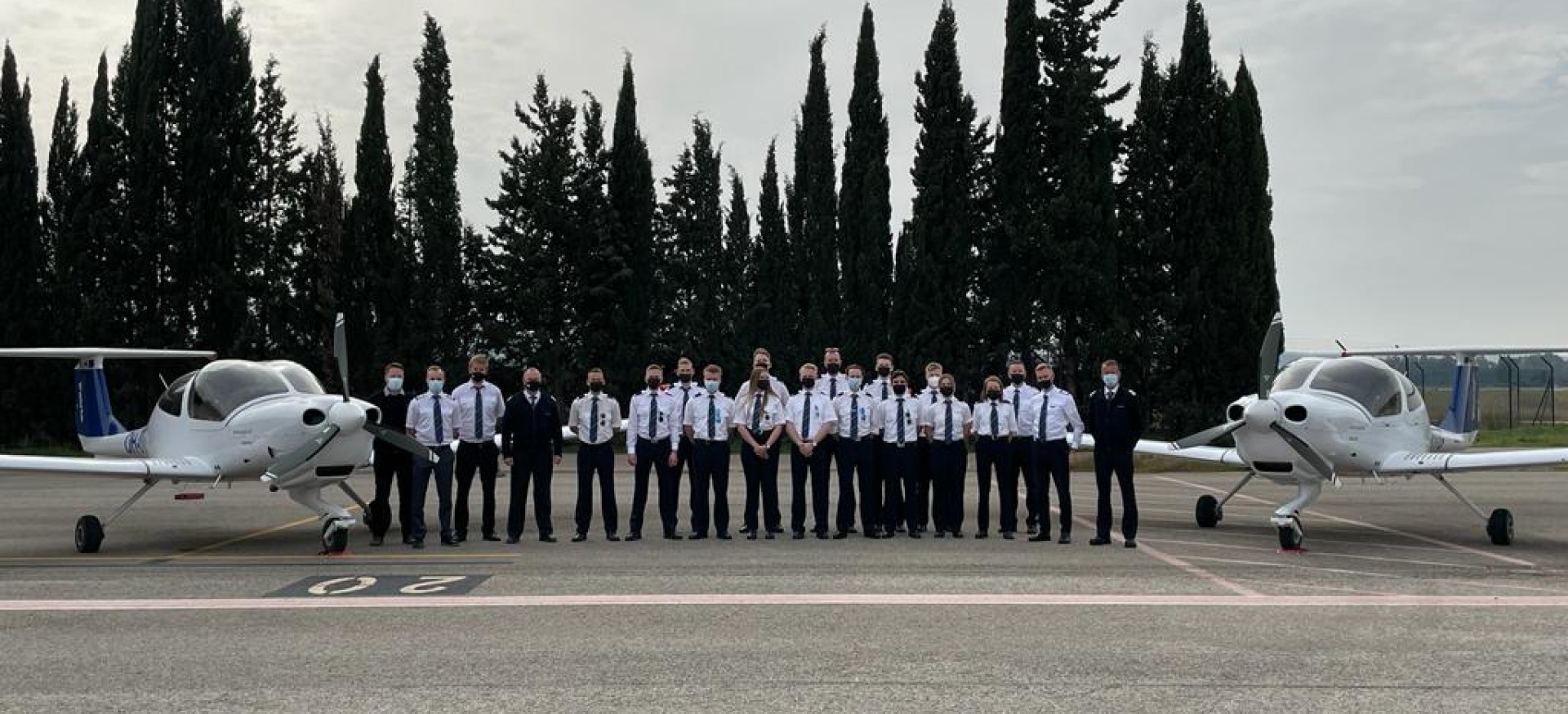
New students start Patria’s pilot training course in Spain
10.2.2022
Patria has been able to restart its pilot training in Córdoba, Spain in spite of the challenges posed by the coronavirus pandemic. The students are satisfied with the arrangements.
Text: Matti Remes Photo: Patria
Maria Rajala started Patria’s commercial pilot training course with 15 other students after Epiphany. When we call, she answers the phone in Córdoba. She has just returned from a training flight involving an unusual situation.
“It wasn’t a typical basic flight – we practiced recovering from a stall,” says Rajala.
Patria had to transfer its flight training from Spain to Tampere-Pirkkala in spring 2020 due to the worsening coronavirus situation in that country. Michael Hirvonen, Training Centre Manager in Córdoba, is pleased that the spring flight course has been launched as planned. The students soon got to the main attraction – flying.
“The first two days of the course were on-ground training. After that, there was a day of practising aircraft handling on land. And the next day, we already took to the skies for the first flights,” says Hirvonen.
Ideal weather conditions for flight training
Students completing commercial pilot training in Córdoba fly about one hundred hours on Patria's single-engine DA40 planes. Hirvonen says that the first two months of the course are spent on practicing aircraft handling, takeoff, landing and various emergencies. Students also start getting to grips with night flying.
“In March–April, we fly more cross-country flights to other airports in Seville, Granada, Jerez de La Frontera, Almería and even Madrid.”
The weather has been favourable. One of the main reasons why flight training is located in Córdoba is that Southern Spain has great weather conditions that permit elementary flight training the whole year round.
“The sun has been shining in a cloudless sky practically every day. We came here for good flying weather, which makes training effective,” says Hirvonen.
Coronavirus safety is an overriding concern
Hirvonen says that the course in Córdoba culminates in May with basic instrument flights – these involve practicing flight when the horizon or ground are not visible.
“Our return to Finland is currently scheduled for the end of May, depending slightly on the coronavirus situation. So far, the coronavirus has not limited training and no restrictions are foreseen.”
Patria’s course strictly adheres to the coronavirus regulations and guidelines of the Spanish authorities. The interiors of the training planes and vehicles used by students are disinfected regularly. Training equipment is also disinfected and classrooms are ventilated. Students are divided into “bubbles” with a few persons each that are not in physical contact with the other groups.
However, the highly contagious omicron variant has spread widely in Spain, so the students have not been able to entirely avoid infections. According to Hirvonen, this has meant that rescheduling has been necessary, but teaching has not been interrupted.
Comprehensive training is an asset when looking for work
Maria Rajala is satisfied with how Patria’s flight course has been arranged.
“It’s been amazing. The people are great. Everyone supports each others’ studies.
For a long time, I’ve wanted to fly. It’s wonderful to be able to make my dream come true.”
Rajala intends to complete her studies and obtain a commercial pilot’s licence in spring 2024, after which she can apply for a job as a co-pilot.
“Patria also organises type training for the Airbus A320 airliner. That’s an asset when you’re applying for work, as it means that the airline only has to provide company-specific training.”
What did you like about the article?
Thank you for your opinion! You can share the article on social media using the buttons below:
